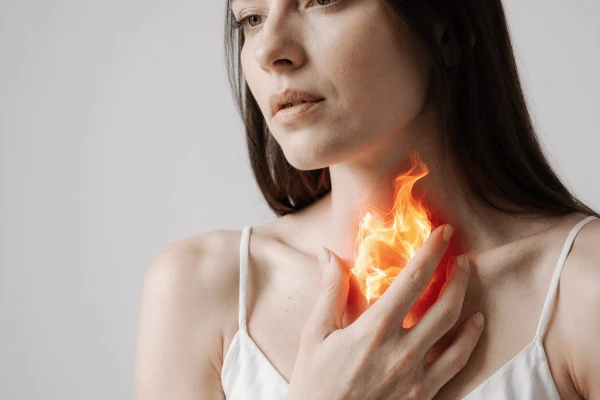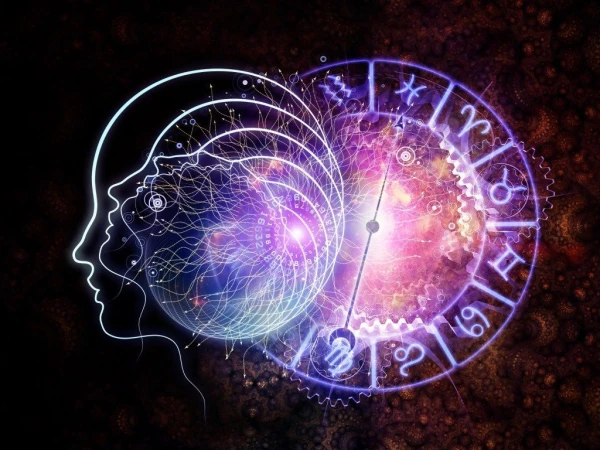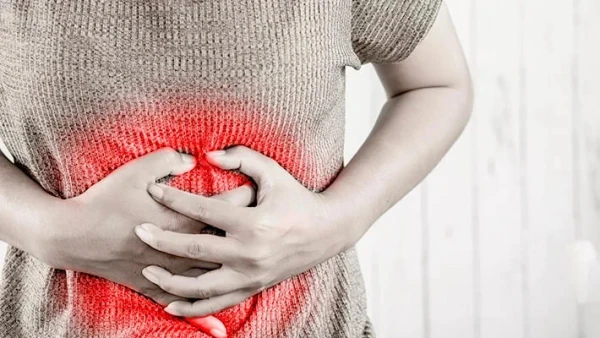
Heartburn is a common problem that troubles almost every third person. However, in some cases, it can be easily avoided — just by not doing certain things.
If heartburn appears out of nowhere, pay attention to your habits. According to gastroenterologist Rustem Sadikov, its causes may lie behind quite banal actions that you simply haven't noticed.
In his Telegram channel, the specialist named six habits that can indeed exacerbate heartburn. Check if you have any of them.
-
Drinking coffee on an empty stomach. Caffeine stimulates acid production, irritating the mucous membrane of the stomach and esophagus.
-
Eating a heavy dinner before bed. A full stomach in a horizontal position is a direct path to heartburn. The doctor recommends eating at least 2-3 hours before sleeping.
-
Drinking soda and alcohol. Gas and alcohol relax the lower esophageal sphincter, making it easier for acid to rise from the stomach to the esophagus.
-
Eating spicy and fatty foods. Such dishes increase acid production and delay food in the stomach. If you already suffer from heartburn periodically, it's better to choose dishes that are stewed, boiled, or baked.
-
Lying down after eating. Refer to point 2. After lunch or dinner, the doctor advises going for a short walk instead of heading to the couch.
-
Smoking and loving mint. Nicotine and menthol also relax the esophageal sphincter, facilitating the path for acid from the stomach to the esophagus.
By the way, doctors also consider wearing tight belts and bending down after eating for at least 30 minutes after a meal as harmful habits for those prone to heartburn.
When Heartburn Leads to Cancer
Persistent heartburn, if left untreated and ignored, can eventually lead to the development of what is known as Barrett's esophagus — a precancerous condition of the esophagus. This occurs against the backdrop of prolonged inflammation of the esophageal mucosa associated with regular acid reflux from the stomach. Men are more often affected by this disease.
Barrett's esophagus can be detected during a standard esophagogastroduodenoscopy (EGD). However, for this to happen, certain symptoms should not be ignored. As Maria Uspenskaya, a gastroenterologist at the N.N. Petrov National Medical Research Center of Oncology, explained, all manifestations of this precancerous condition are little different from GERD. Among them are:
-
heartburn;
-
belching and regurgitation after eating, occurring when bending the body;
-
dysphagia, when a person finds it difficult or painful to swallow food, especially solid food;
-
nighttime cough;
-
frequent throat irritation;
-
hoarseness;
-
feeling of a lump in the throat;
-
chest pain not related to the heart;
-
erosion of tooth enamel.













